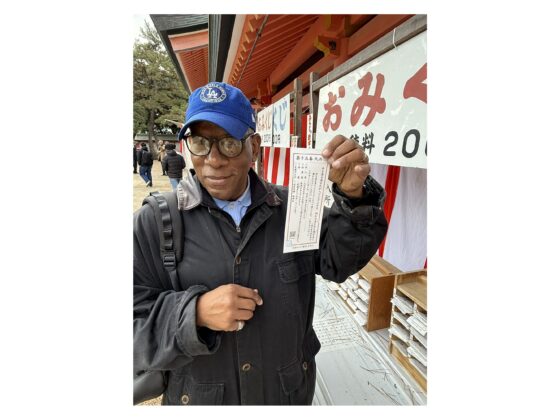Many companies adapted to pandemic conditions with remote work options for employees. As employees made it through that transition, some began to prefer remote, or work-from-home arrangements. As Covid constraints begin to recede, companies are calling workers back into offices. However, some employers are actively integrating remote work as part of their ongoing operations.
As a job seeker, how do you factor in this new dimension of work? Remote preferences become part of the geographic considerations when building your job search objective. Knowing you want remote work, either partially or fully, is important when approaching potential employers. Here, Darden Alumni Career Services covers what you need to know with synthesized feedback and insights from three Darden alumna who recently landed remote work jobs:
- Shweta Balasubramanian (MBA ’16), Product Marketing Manager at Big Health
- Elizabeth Preston (MBA ’20), Senior Consultant at Forrester
- Erica Casey (MBA ’17), Senior Implementation Manager at Well
In your search, were you sure you wanted 100% remote work? How did you determine that?
All three wanted flexibility for family and greater work-life balance. Erica: “As someone who became a first-time mom during the pandemic, I knew 100 percent remote work would be the best arrangement for my family.”
Certainty about wanting remote work isn’t always clear at the start of a search. Elizabeth: “I wasn’t sure I wanted 100 percent remote work. In fact, a hybrid option was preferable if there was a close office commute.”
As you developed a list of target companies, how did you ascertain that they would offer remote work that fit your situation?
Shweta: “I found that companies oftentimes advertised jobs as remote, but during conversations, it would surface that they eventually expected to have the team back in the office. As a candidate it helped being transparent up front about the fact that I was seeking a purely remote role, and it helped save me a lot of time in the interviewing process.”
Erica: “I conducted most of my targeting using LinkedIn. I started by saving job openings that fit my top three criteria: 1) industry focus of health care technology, 2) role alignment with my skill set and past experiences, and 3) ‘mission + values’ fit. If I found a job that fit these top criteria, I would network and apply, even if it showed a specific city rather than remote. I did not turn down an interview based on the location and had confidence that a company with the right fit would be willing to work with me on location. As I began saving jobs on the LinkedIn platform, more similar jobs would be recommended, and eventually I was able to sort for roles posted as ‘remote’.”
Elizabeth: “I considered roles in which client on-site visits were necessary, but office work not required. As I looked for targets, I found some companies advertised ‘work anywhere’ or ‘fully remote,’ and many postings directly addressed location flexibility.”
How did you ensure your remote work status through negotiations and the offer?
Clearly communicate during the hiring process and ask for the written offer to reflect your agreements.
Elizabeth: “The offer letter specified an office. However, all the prior verbal communications indicated a ‘work from anywhere’ policy with no mandatory in-office days. I asked the offer letter be changed to reflect the actual arrangement.”
Shweta: “The job offer explicitly stated that the role is 100 percent remote along with a stipulation that quarterly travel to an off-site team meeting is required.”
How has the company handled onboarding activities, given your remote status?
Elizabeth: “An onboarding coordinator emailed me a week or so before my start date with temporary passwords, a list of prework things to complete and a meetings schedule for my first week. I’ve had project ‘shadows’ as I ramp up, and each week new, relevant training is offered.”
Shweta: “My manager has been very proactive and hands-on, providing me with a 30-60-90-day onboarding plan, set of required readings and list of key stakeholders to meet with. She also met with me daily in week one to outline company history, industry education and our product strategy.”
What advice would you give other alums who are seeking remote work?
Erica: “When interviewing, know the value you bring to the role and articulate how you will navigate the role working remotely.”
Shweta: “Ask as many questions as possible! Understand that the culture of a remote-first company is very different from an in-office or even a hybrid company. You’ll want to know how the firm connects and supports employees while also enforcing boundaries, which is especially important if they have international reach.”
Elizabeth: “I found a lot of flexibility in my recruiting, and I recommend using informational interviews, reading company blogs, etc., to find clues about the company’s culture around remote work.”
These three alumnae reveal that mid-career management roles working remotely are possible and attainable. Our ACS coaches are here to help you sort out your search objectives and land the work that matches your goals.





